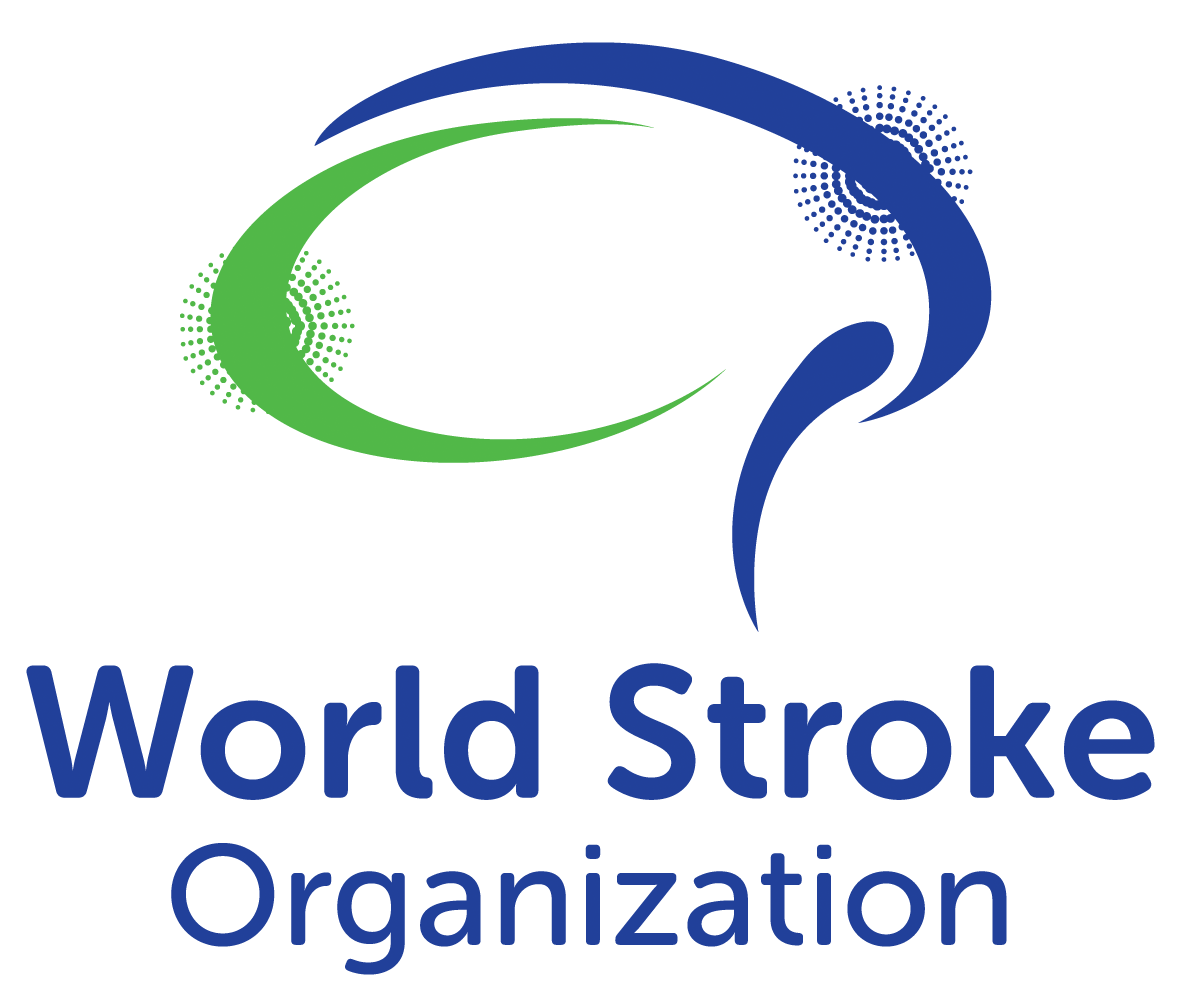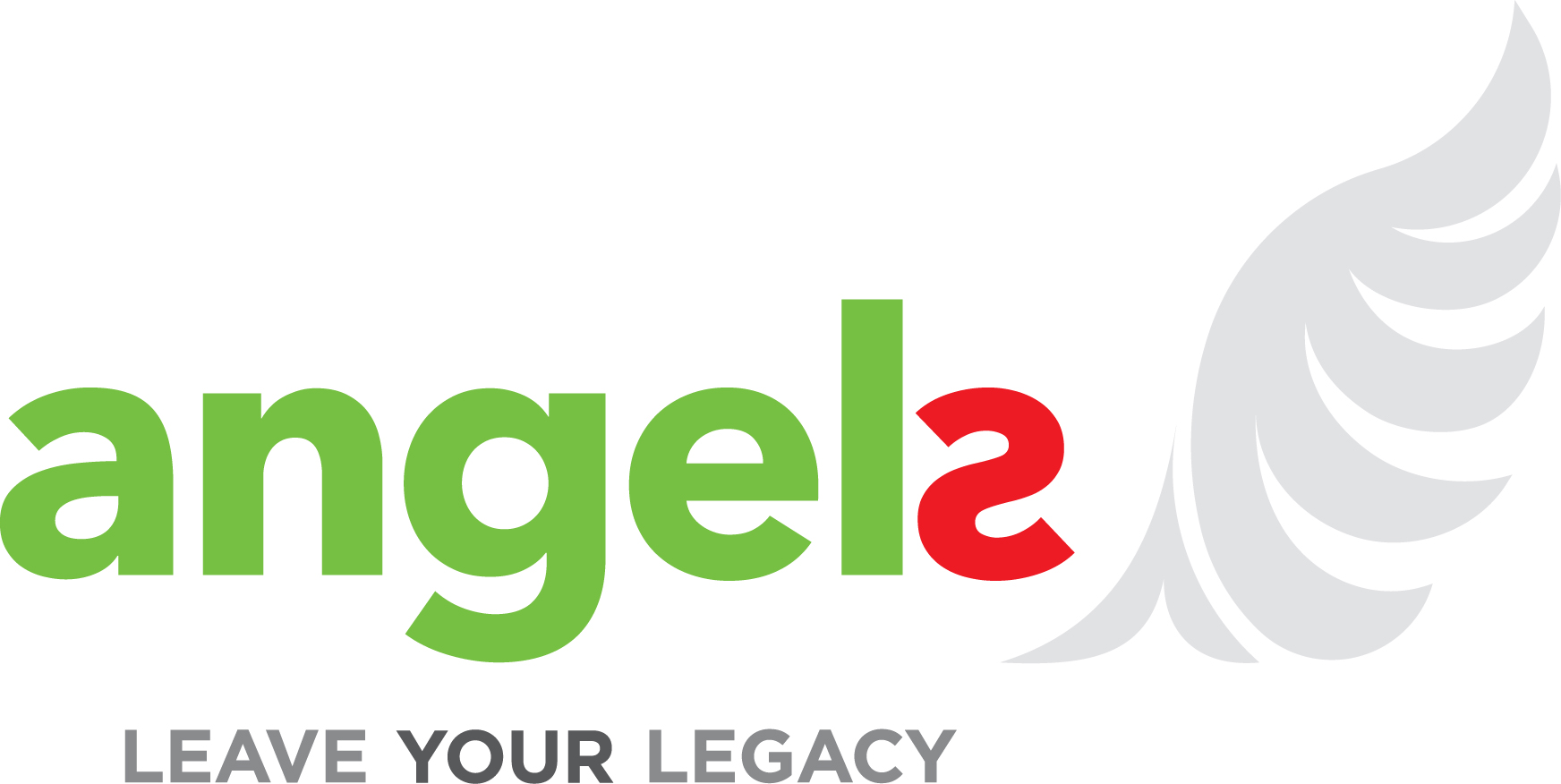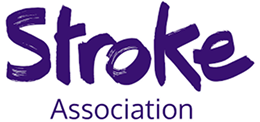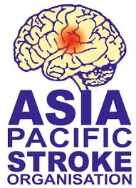Our Call to Action
With the UN High-Level Meeting on NCDs almost upon us, we call on country leaders and government partners to
1 Make stroke a priority part of NCD strategies
Stroke is the leading cause of death and disability in many countries, yet an often overlooked part of the NCD and broader global health agendas, due to lack of awareness that stroke is preventable, and,thanks to recent innovations, treatable. We call therefore on governments to make stroke an explicit and integral part of international and national health goals to combat NCDs, and to recognize the transformative potential of stroke action in the achievement of the sustainable development goals and universal health coverage.
2 Develop National Stroke Action Plans
We call upon every country to commit to creating a National Stroke Action Plan. These plans should encompass the entire care pathway (prevention, treatment and post-stroke care) and include quantifiable targets specific to in-country needs and stroke burden. In delivering the above, it is recognized that multi-sectoral collaboration and integration of with broader health initiatives (e.g. for the control of NCDs, advancement of primary healthcare and universal health coverage) is essential.
3 Commit to funding stroke action NOW
Investing in stroke doesn’t just save lives. Stroke prevention and treatment services are proven “Best Buys” that yield a significant return on financial investment (1:10 for prevention activities alone). To unlock this potential, governments should commit to funding evidence-based interventions while also exploring innovative financing methods, such as taxing harmful substances, to strengthen domestic healthcare funding.
4 Implement robust stroke monitoring systems
You can’t change what you can’t see. To act on stroke, governments need to account for their actions and should establish nationwide systems for monitoring the burden, provision and outcomes of care through registries, electronic health records, and vital statistics systems. These systems should work to deliver near-universal surveillance, and report progress against stroke-related targets to ensure transparency and public accountability.
5 Include stroke survivors and caregivers in policy development
Today, almost 94 million people across the world are living with effects of stroke – with the majority relying on family caregivers as their primary source of day-to-day care. We have a responsibility to create inclusive policies that address the needs of stroke survivors and caregivers. We urge government leaders to develop frameworks that prioritize meaningful representation, active engagement, and active participation of stroke survivors and caregivers in global, regional, and national decision-making, while ensuring structures for support and peer involvement.













